Some people live for food and some others eat to live. But still, we are talking about food! Everybody loves food. I mean, who doesn’t? Chocolate, pizza, pasta, cheeseburger, PBJ, muffin, marshmallow, hashbrown, BBQ, hotdog, burrito, yeah you name it.
But now let’s get closer to Asian food, especially Chinese and Indonesian cuisine. Do you know these two cuisines are somehow related? Here, the storytelling begins.
History of Chinese cuisine starts with the 4 thousand-year-old archaeological findings of the oldest noodle food found in the upper reaches of the Chinese Yellow River. By the time of the Han Dynasty (approx. 206 BC – 220 AD), the manufacture of various grain food became very organized and cooking also reflected that.
Southern China was famous for its rice, and food from the North China Plain was predominately focused on flour products. Long story short, by the time of the Song Dynasty (960–1279), life in cities became easier, with trade and rise of the manufacturing jobs enabled Chinese population access to a better quality of life and better access to food. It was then that Chinese cuisine really blossomed, enabling the mixing of cooking and medicine, establishing strict rules for maintaining “balanced” meals, expanding the ways the food can be prepared, processed and served.
During my stay in China, I learned that Chinese cuisines are very diverse. This also makes me a little surprised, because the Chinese cuisines that famous in Indonesia are not Chinese cuisine in general.
Other than Peking Roast Duck (北京烤鸭, read: běijīng kǎoyā), the Chinese food been selling in Indonesia so far turns out to be the Chinese cuisine specialty in the Hong Kong region, Sichuan, and Taiwan. Chinese cuisine in Indonesia is also a fusion of both Chinese and Indonesian culture.
This goes back to the history of the two countries when many migrants from China came to Indonesia and got married then settled in Indonesia. Indonesian foods such as soto, meat stew, fried rice and noodles, meatballs, porridge, dim sum like shumai, fried dumplings, steamed bun, etc. were originally inspired by Chinese cuisine.
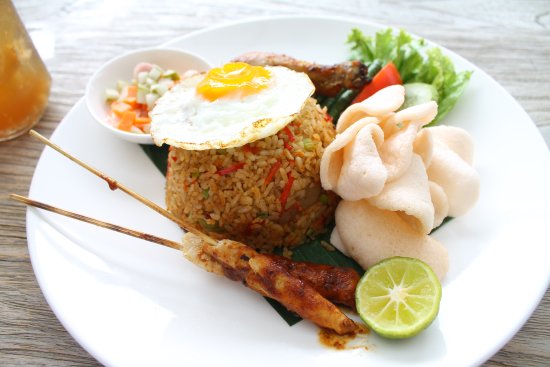
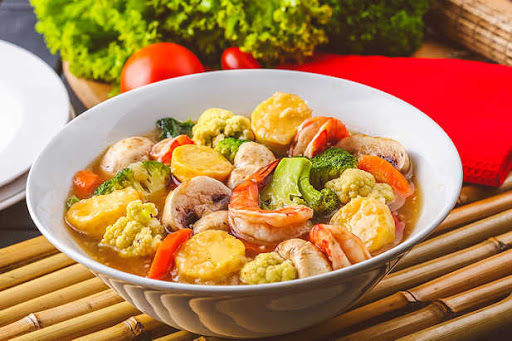
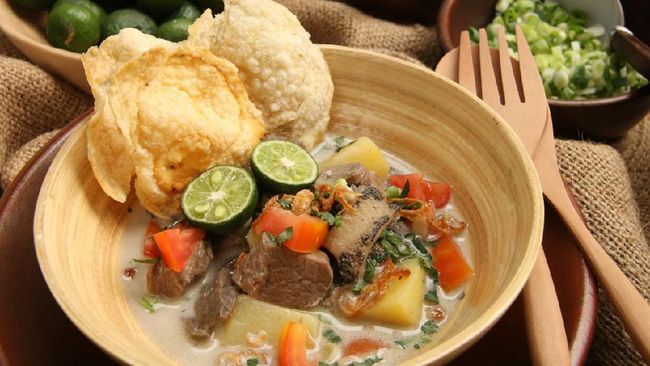
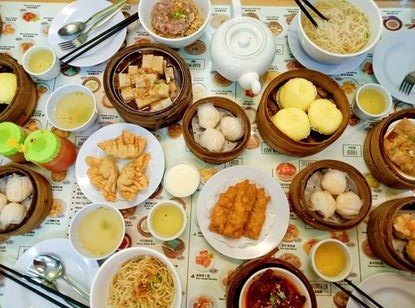
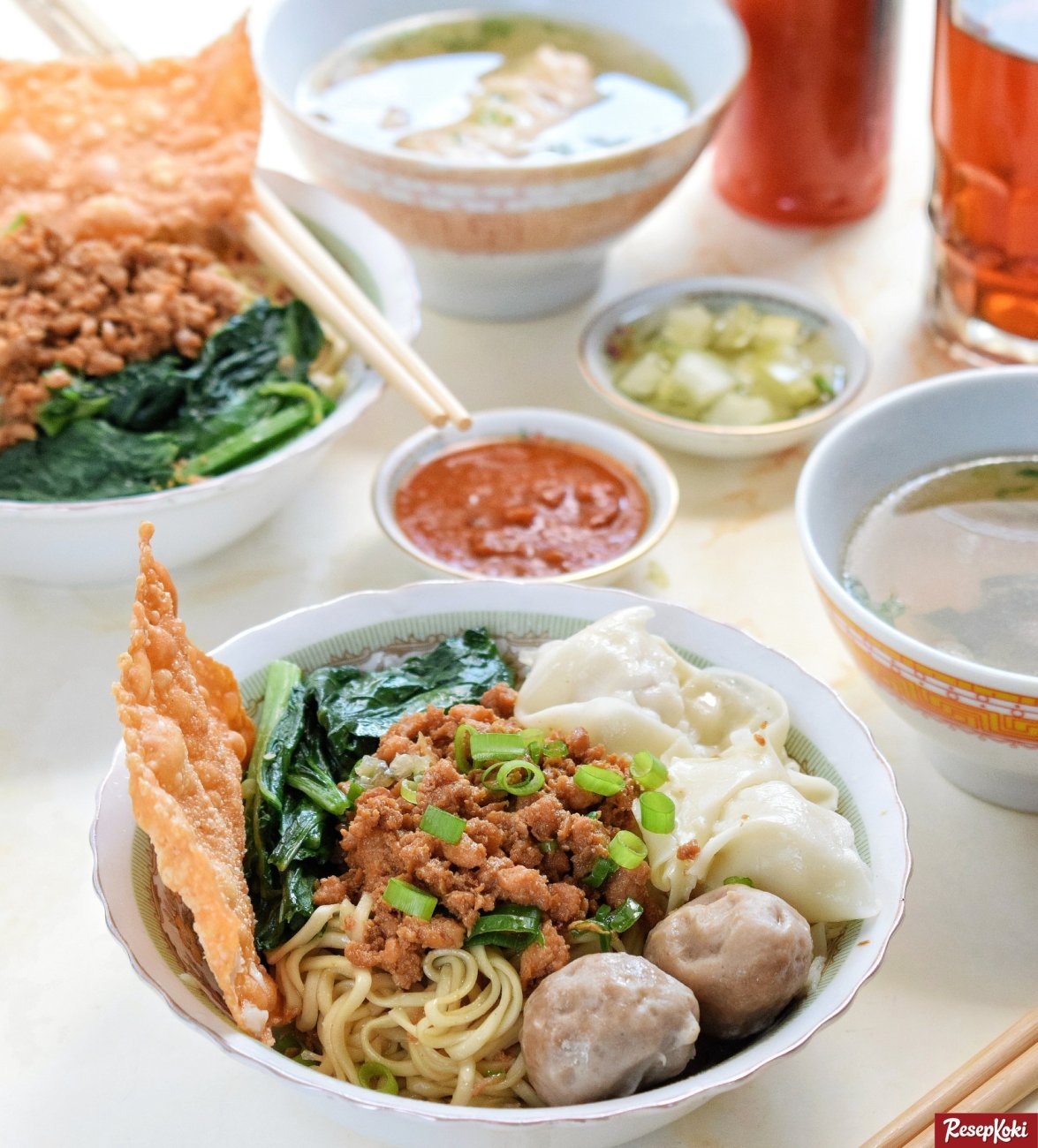
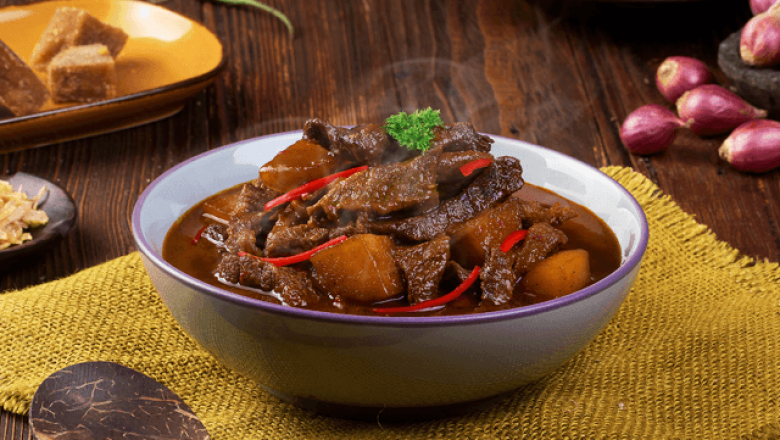
However, since the majority of Indonesians are prohibited from eating pork because of their personal beliefs, so the pork is replaced by chicken, duck, goat, or beef. While in China, it turns out the cuisine is varied. Some foods that I often encounter in every corner are mala soup, malaxiangguo, huangmenji, and others.
I quite like average Chinese food, other than because the taste is not too foreign in my mouth, Chinese cuisine is also delicious. My favorite foods that I often consume are stir-fry mala hotpot (麻辣香锅, read: málàxiāngguō), mala soup (麻辣烫, read: málàtàng), braised chicken(黄焖鸡, read: huángmènjī), Chinese BBQ (烤肉, read: kǎoròu), cold noodles (凉面, read: liángmiàn).
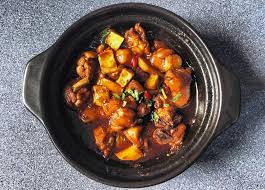
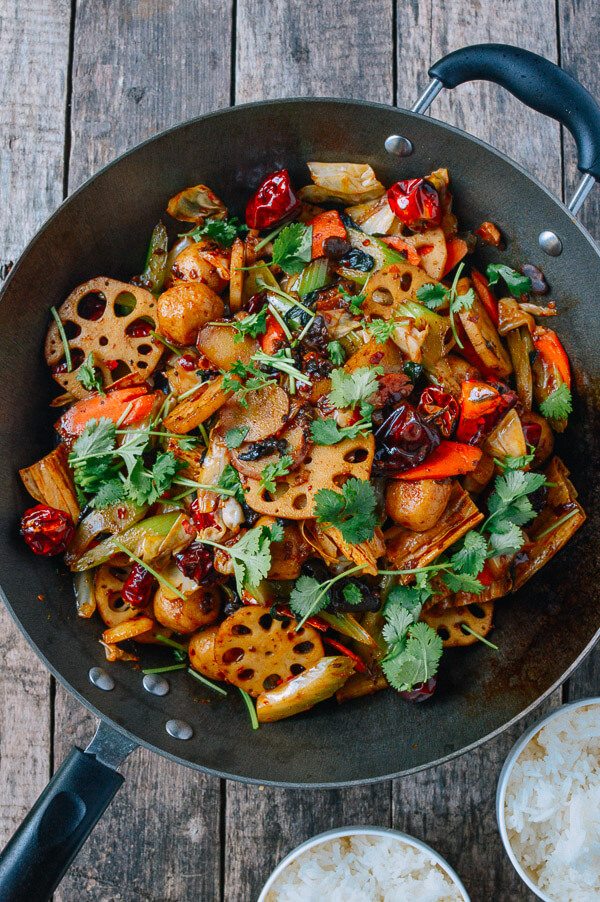
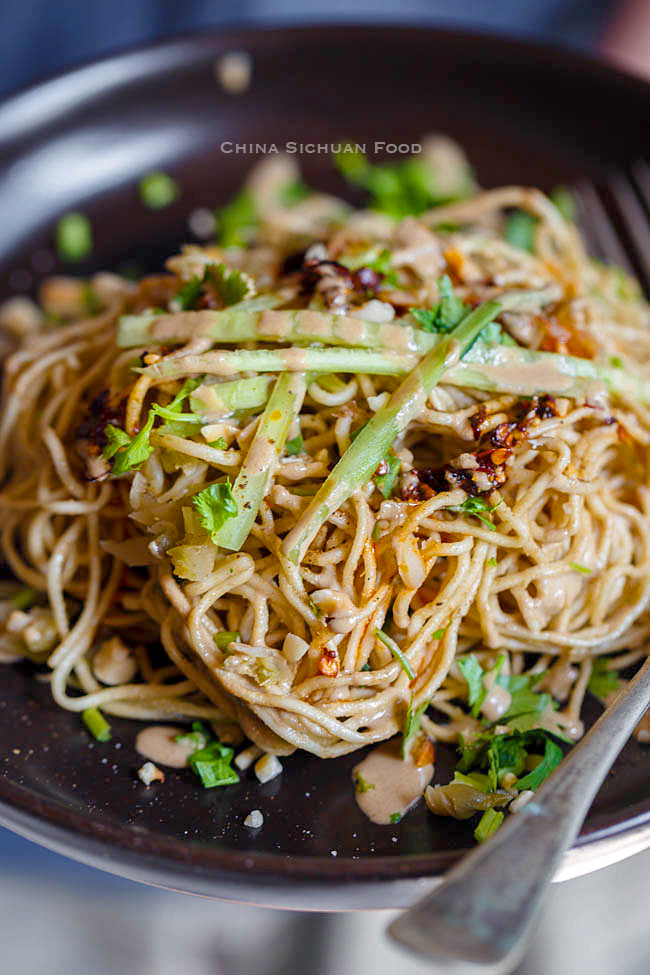
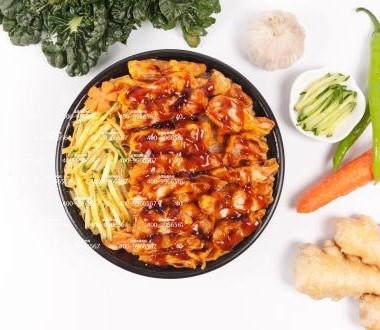
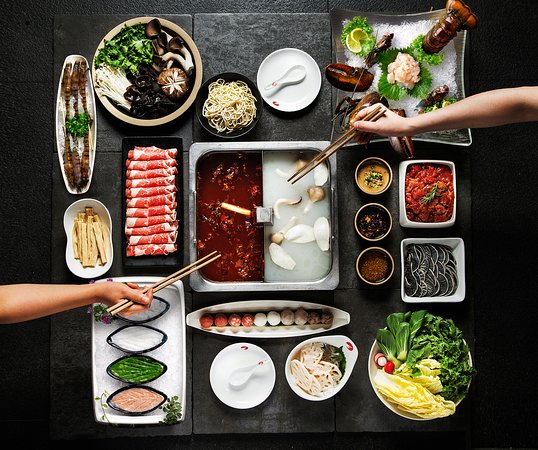
These foods are Chinese foods that not exist yet or recently existed in Indonesia, even most Indonesians do not know those are also Chinese food.
Meanwhile, I really like to eat malaxiangguo. mala spices are not found in Indonesia, so it's the first time I know the taste of this dish in China. As well as other foods, I also quite often consume malatang and huangmenji. Plus, both foods are very suitable to eat when the weather is cold.
While in summer, many restaurants sell cold noodles. The taste is spicy and sour, and I really love it because it’s so refreshing in the hot weather.
The one I eat most often no matter what’s the weather is Chinese BBQ. The taste of Chinese BBQ is very unique and delicious, I just discovered this food in China and the first time I ate it I immediately love the taste. Other snacks I also often consume are chicken wrap (鸡肉卷, read: jīròujuàn), Chinese crispy pancakes (手抓饼, read: shǒuzhuābǐng), egg-filled pancake (鸡蛋灌饼, read: jīdànguànbǐng), crispy preserved vegetable pancake (梅干菜饼, méigāncàibǐng), Chinese crepes (煎饼, read: jiānbing), egg waffles (鸡蛋仔, read: jīdànzǐ), and so on the list could go longer.

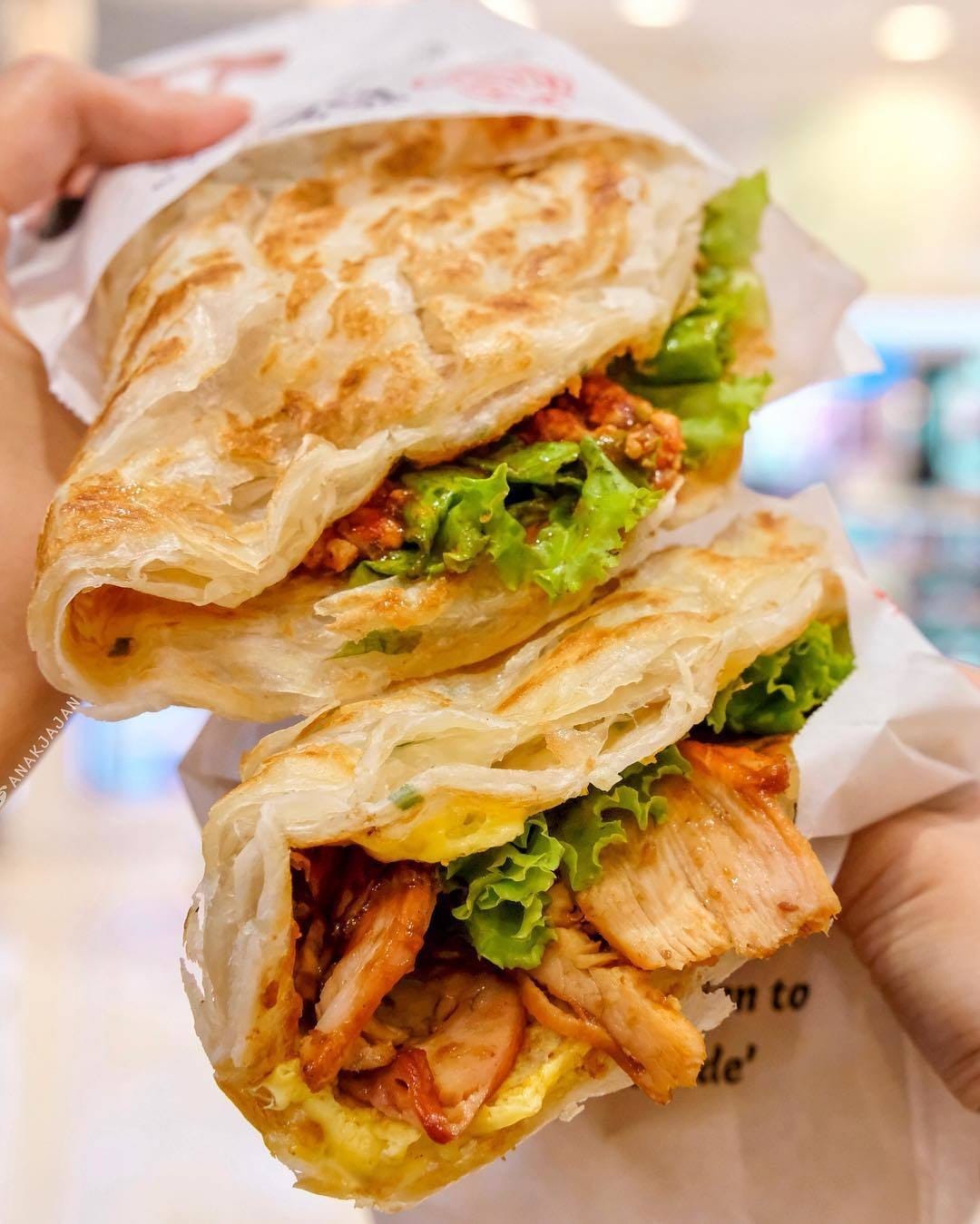

If you ask me who’s the winner? Then I’ll say it’s a draw. Why? Every food has its own characters, specialties, and it is very unique.
So should I say I like both cuisine, or I just happen to like foods?
Comment Cancel reply